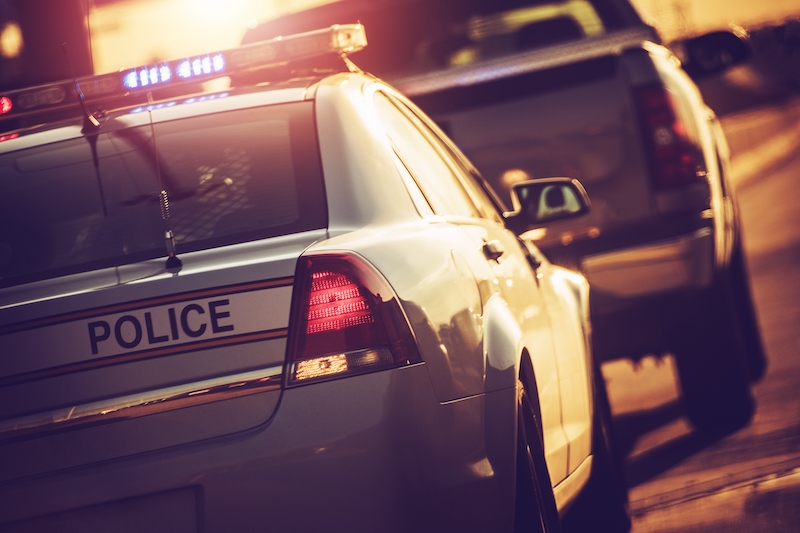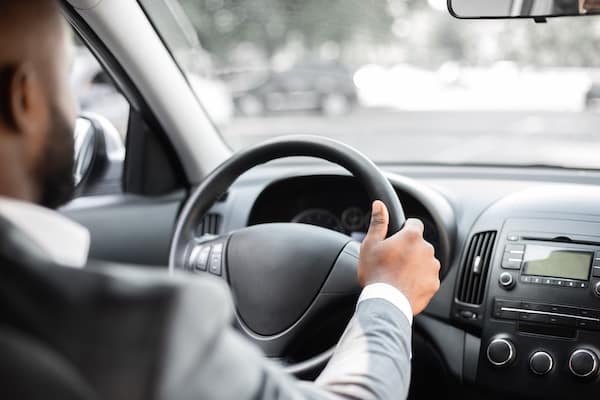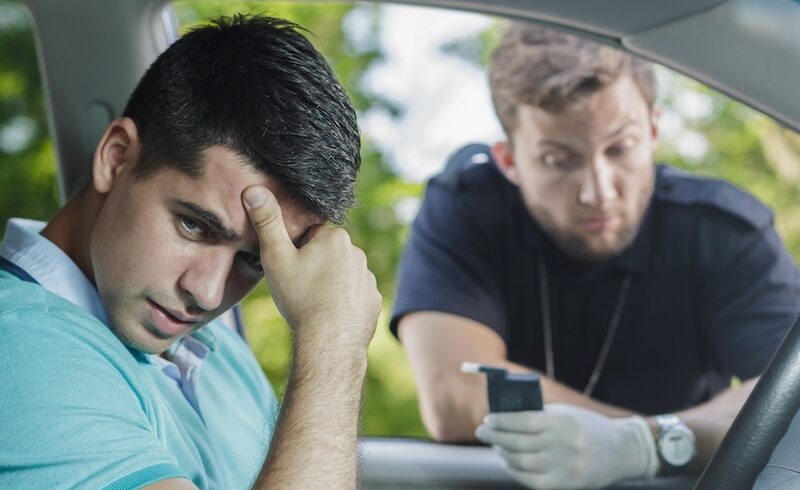
There are around 1 million arrests for driving under the influence each year in the United States.
Getting a DUI arrest, although a relatively common occurrence, is a serious matter. You’re putting your own, as well as every other driver and pedestrian’s life on the line when you get behind the wheel drunk or high. Consequently, you’ll have a world of legal issues to deal with when you’re caught.
Drinking and driving punishments are different depending on where you live, but each state takes these laws very seriously. In Illinois, you’ve got a good chance of losing your license or even serving jail time.
The Basics of Illinois DUI Law
Illinois has a straightforward approach to DUI law. If you drive under the influence of alcohol or any other illicit substances, you can be charged with a DUI. This includes all of the following scenarios for those 21 and over:
- Your blood alcohol concentration is at or above .08
- Your THC concentration is above 5 nanograms per ml of blood
- Your THC concentration is above 10 nanograms per ml of other bodily substance
- You’ve taken other illicit substances or impairing prescription drugs before driving
If you’re under 21, your BAC must be .00. When you’re pulled over, the law enforcement officer may request a field sobriety test or chemical testing. Refusal to take these tests or taking and failing the tests will result in an arrest.
License Suspension
As soon as you are arrested and charged with driving under the influence, you may get a statutory suspension of your license. If your license is suspended in this manner, you get to drive for 45 days until your suspension begins.
First-time offenders who fail a chemical test have their licenses suspended for 6 months. If you’re a repeat offender, it’s a year. If you refuse chemical testing, you’ll have your license automatically suspended for 1 year or 3 years for repeat offenders.
Some first-time offenders are eligible to obtain a permit that allows them to keep their license, so long as their car is outfitted with a monitoring device. You’re also entitled to request a hearing to challenge your driving suspension.
Taking a Plea Vs. Fighting Your Charges
In addition to losing your license, there are always criminal charges to think about. First-time DUI charges come with potential jail sentences of 364 days or under and the likelihood of jail time goes up with each subsequent conviction.
After your arrest, you’ll have a court date set by your arresting officer. When you show up in court, you’ll face a prosecutor who attempts to prove your guilt. In the worst scenario, you’ll end up with jail time, but most cases involve a combination of drug and alcohol counseling with a license suspension.
If you decide not to fight your drunk driving charges, you can enter a plea deal. With this, you admit guilt in return for a lesser penalty. Should you decide to fight your charges and get your charge dismissed, you’ll have to go through a trial, which will determine your fate.
Getting an Attorney Involved
One of the first things you should do after a DUI arrest is find yourself a good DUI attorney. This can be a long and protracted legal process and if you want to avoid the harshest penalties, you need quality legal counsel.
Many offenders won’t bother with hiring a lawyer after a DUI because they think the evidence is too cut and dry. Although your best move might be to plead guilty and accept the consequences, a DUI lawyer will help you understand your options.
An Illinois lawyer will have a deep knowledge of the state’s DUI laws and how to get you the best possible outcome. Taking all of the evidence into account, they’ll be able to present your case in a way that you couldn’t do on your own.
If your case is going to trial, you’d be remiss not to have a lawyer by your side.
Getting Your Charges Dropped
In rare circumstances, it’s possible to get your DUI charges dropped completely. If you believe that your rights were violated or that the evidence against you is faulty, you can argue this in court.
Should they find that your constitutional rights were really violated, the evidence itself may not be enough to convict you. If there’s insufficient evidence, you’d be remiss not to try and prove your innocence.
Dealing With Court
Showing up to your court dates is essential. If you fail to show up, you can be arrested and your situation will get a lot worse. You won’t be able to leave the state after you’ve been arrested without special permission from a judge.
When you take your case to trial, you’ll be looking at multiple court dates to settle things. Sometimes, these cases can take over a year to settle, so it’s important to prepare for a long fight with your legal team.
It might sound easier to take the plea deal, but it’s important to remember that once you plead guilty to the charges, they’re on your record forever. If you feel you’ve been treated unfairly, hire a lawyer and take your case to court.
Deal With Your DUI Arrest the Right Way
Life can come to a halt after a DUI arrest, but it’s important to push forward and take the appropriate action for your situation. If you feel that you may be unfairly punished for your crime, hiring a DUI lawyer and fighting for a lesser punishment is the right way to go.
At JMQ, we focus on assisting Illinois drivers with license reinstatement. Contact us today for a consultation if the DUI results in your driver’s license getting revoked.


